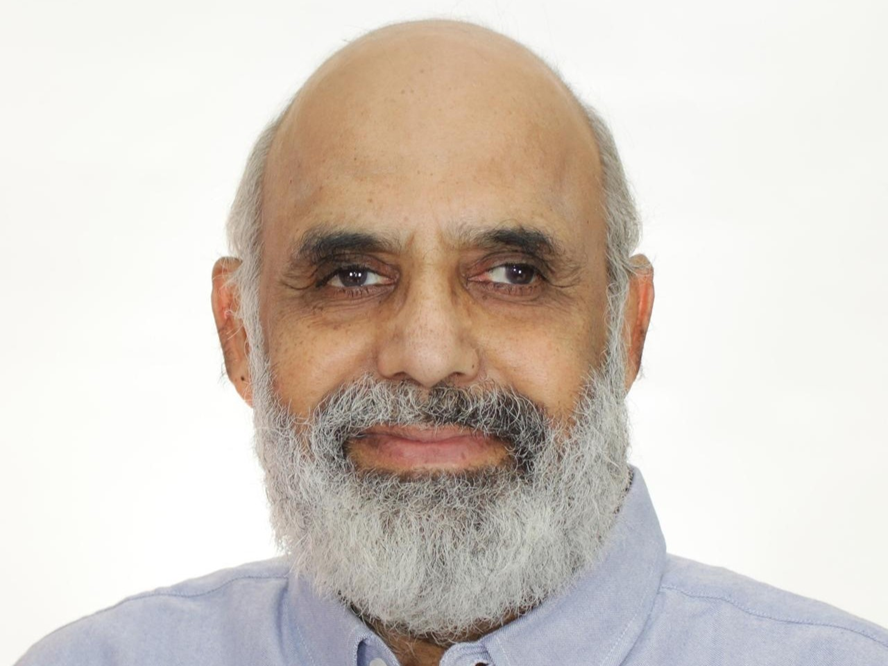Venture investors are heading for a brutal shakeout, according to Sridhar Chityala, chairman of Vedas Group, the Chityala Family Office, and Elevate Innovation Partners Inc. a venture capital fund manager.
He warned that as much as 80% of the capital poured into start-ups between 2010–2015 may ultimately be written off, as ageing innovations lose relevance in today’s technology landscape. In an exclusive conversation with Markets Group, Chityala said the reckoning reflects an industry finally confronting a lost decade of companies that failed to mature, integrate, or adapt.
Chityala, whose family office invests across private markets, said expectations have undergone a sharp reset from the hyper-growth mentality that dominated the years leading up to — and immediately following — the pandemic. Venture and private-equity returns have normalized, he added, shifting away from the 10x–20x outliers of the past decade toward more grounded outcomes in the 5x–12x range. Capital is now gravitating toward profitable, traditional businesses with clear product-market fit and tangible asset value, rather than experimental models buoyed by a decade of cheap money, highlighted the chairman.
Most start-ups founded in the 2010–2015 innovation wave, he argued, simply missed their window. Historically, a company has seven to 10 years to prove relevance, evolve, and become a durable part of the economy. “If you haven’t integrated by then, you’ve missed the boat,” said Chityala.
Many firms from that period were built atop Web 1.2 or Web 2.0 infrastructure — platforms increasingly misaligned with where capital is shifting. With investors redirecting attention to next-generation technologies— defence, supply-chain resilience, energy, and quantum computing — much of the previous cycle’s software innovation “doesn’t fit the model anymore,” he added.
The dislocation; however, has created one of the richest secondary markets in a decade. Discounts of 30%–70% across fintech, health care, insurance, and education have opened the door for buyers prepared to impose governance discipline and rehabilitate stranded assets. “There’s plenty of opportunity,” said Chityala. “But you must have the courage and conviction to put proper governance in place and extract value.”
Looking ahead, he expects the next five years of private-market investing to coalesce around three dominant themes: rare-earth materials, power generation, and defence. Rare-earth supply underpins nearly every advanced manufacturing process. Power generation, he said, is emerging as a central bottleneck as data-center energy consumption surges, prompting major technology companies to invest directly in the sector. Defence, meanwhile, is entering a new era of private-capital participation, with some $8B of venture dollars already committed this year and U.S. policymakers widening access for institutional investors.
He added that opportunities are also strengthening across rare earths, power generation, artificial intelligence, data centers, defence, and ecosystem payments in fintech.
“Opportunity is there,” said Chityala. “But this is a market that will reward relevance, not legacy.”













